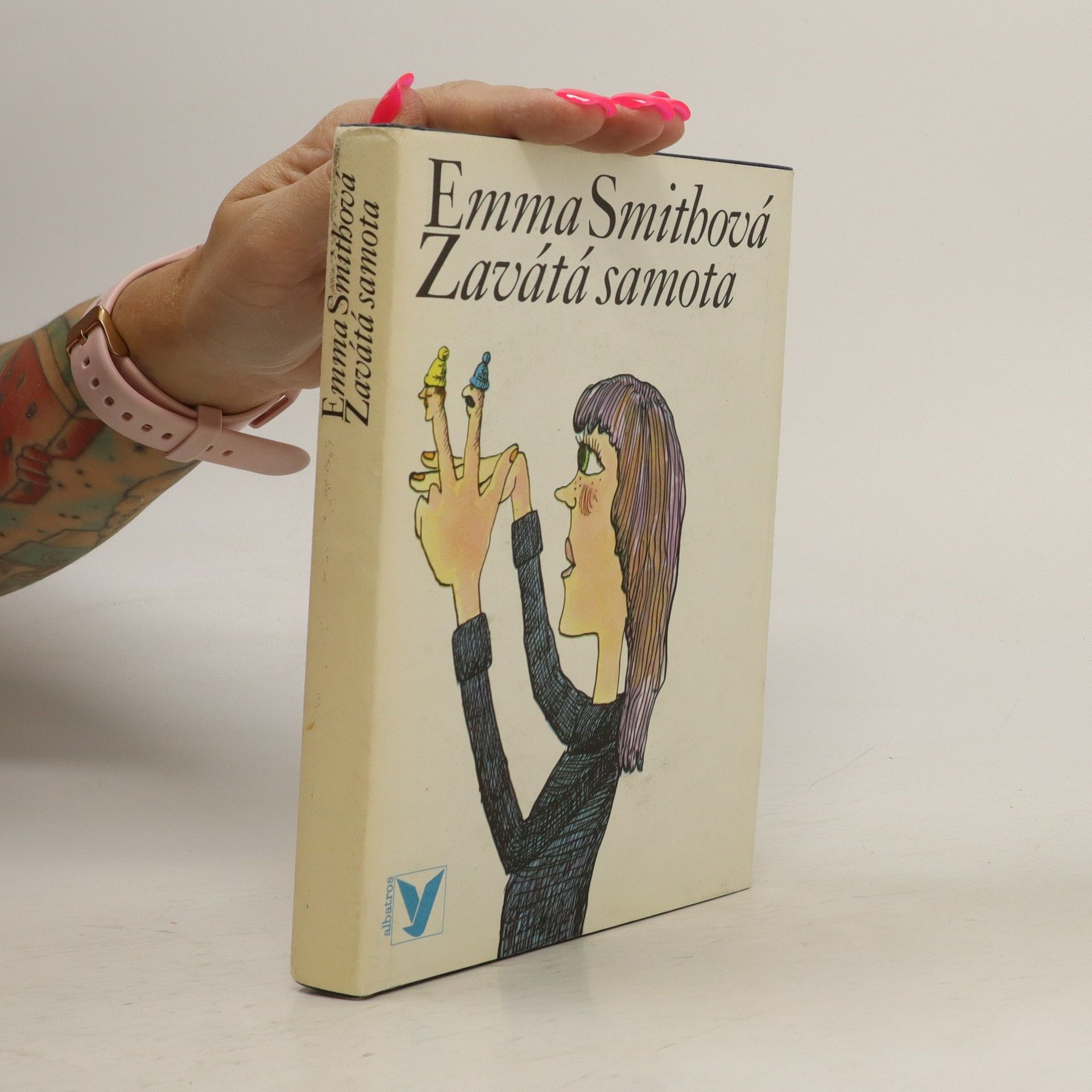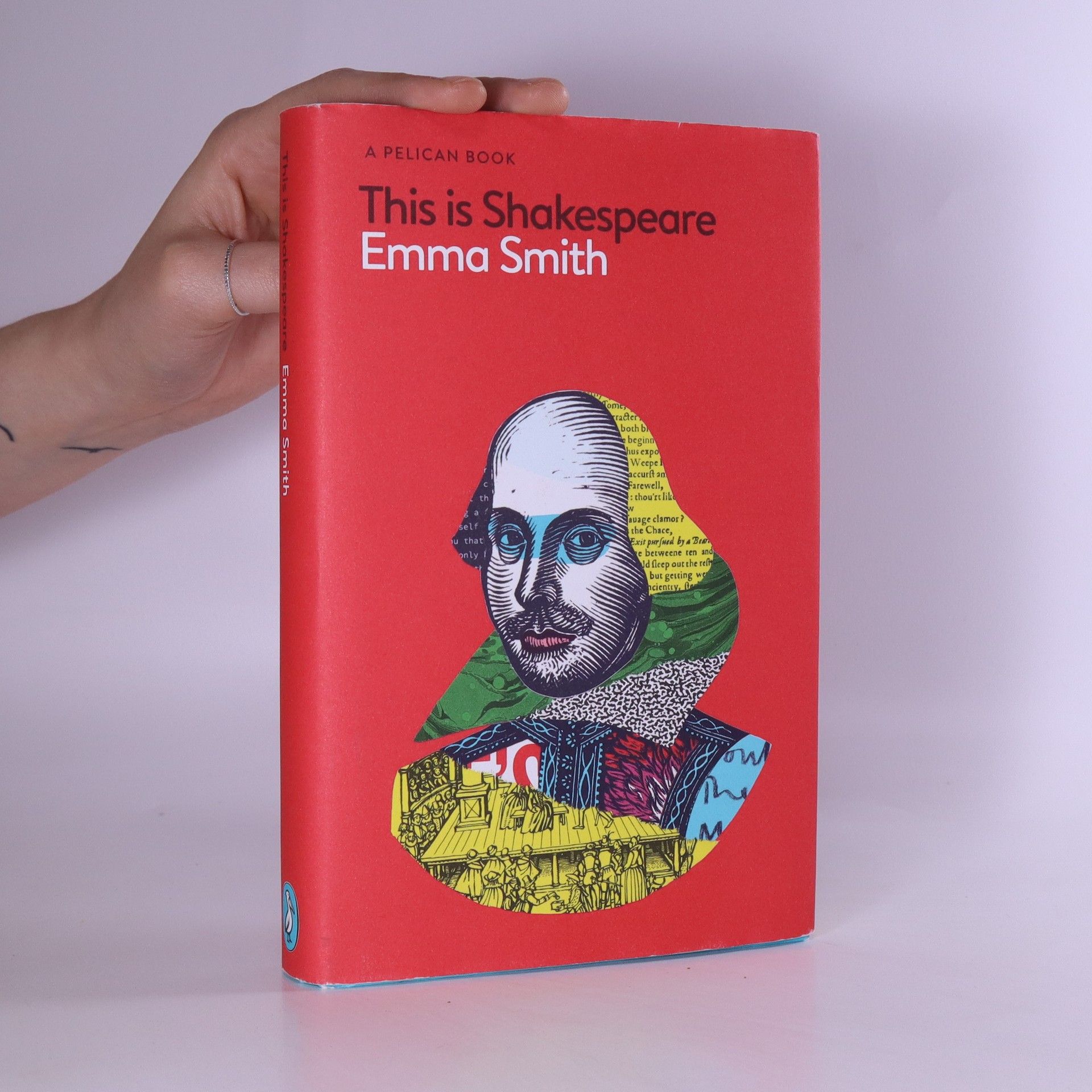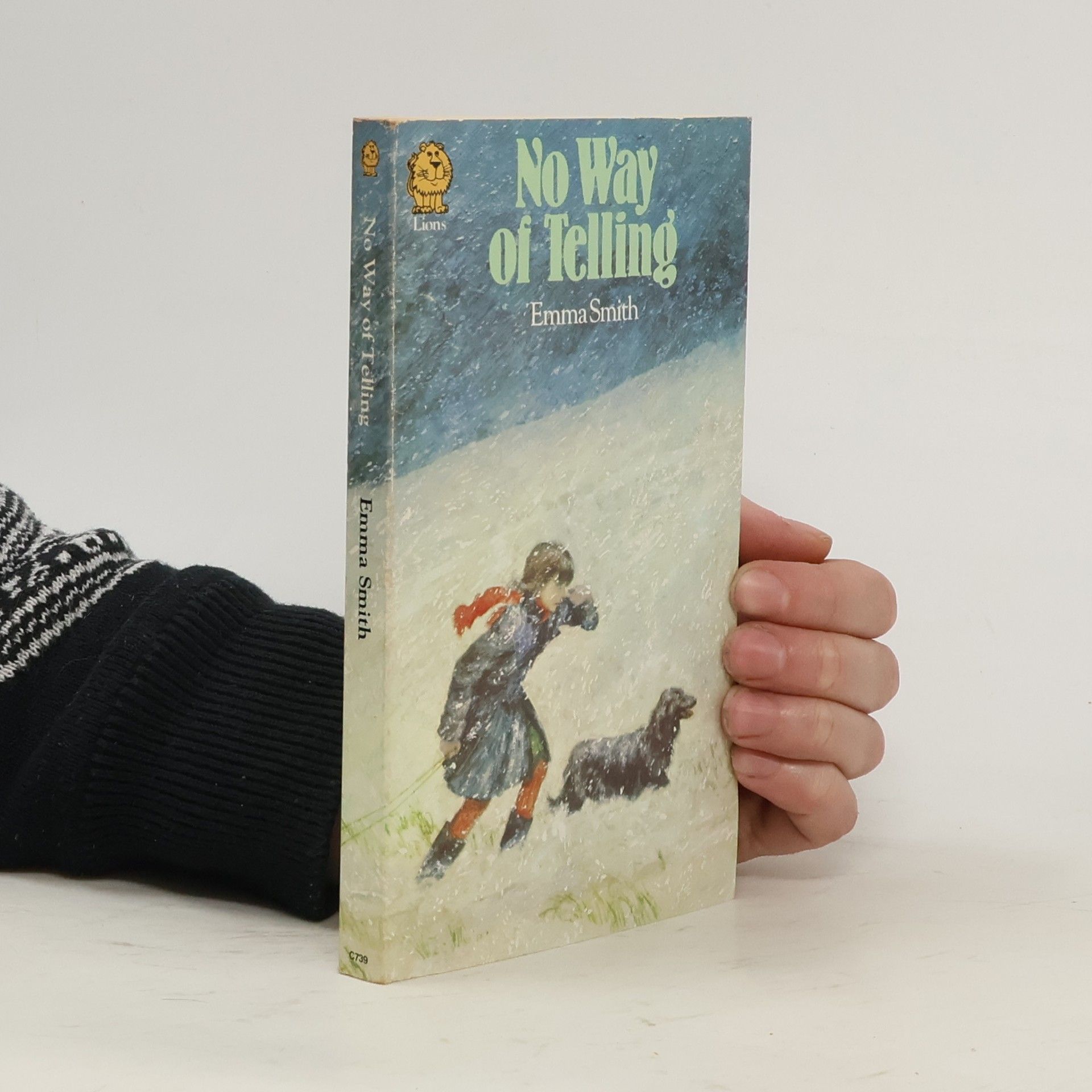Jak blafovat o vysoké škole
- 120 stránok
- 5 hodin čítania
Chystáte se do společnosti, kterou tvoří samí intelektuálové s nejméně jednou, ale spíše více vystudovanými vysokými školami? Nevyznáte se ve zkratkách nejrůznějších akademických titulů? Svět vysokoškoláků je specifické prostředí, které má své zákony a zákonitosti. Stačí několik chvil s touto knihou a bude vám jasné, do jaké země a na kterou univerzitu odejít studovat, který titul má největší hodnotu, o čem se bavit na bujarých večírcích na koleji i to, jak to zařídit, abyste na škole vydrželi co nejdéle a prodloužili si tak sladký studentský život. Nemusíte si kupovat akademický titul, mnohem důležitější je vlastnit tuto knihu.





